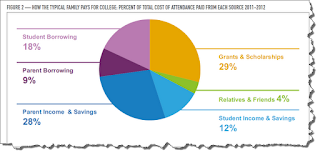Leadership That Gets Results - Finance For Non-Financial Managers
Managers need to deal with several kinds of reports each day. And with all the different data they need to review, most non financial managers often feel perplexed at the mere sight of financial reports. To most non financial managers, fiscal reports speak their own language - a language that is quite unfamiliar to them. And without a strong finance background, they often find themselves overwhelmed with what these reports are showing. These conditions make learning finance for non-financial managers a must in any type of organization, especially if the organization places much value in a leadership that gets results. It truly is vital for an organization that values leadership that gets results to have its non financial managers learn the financial side of things, in the same way that financial managers must also be aware of the other aspects of the organization other than their area. The good news is there are now several programs on finance for non-financial managers and they c...



